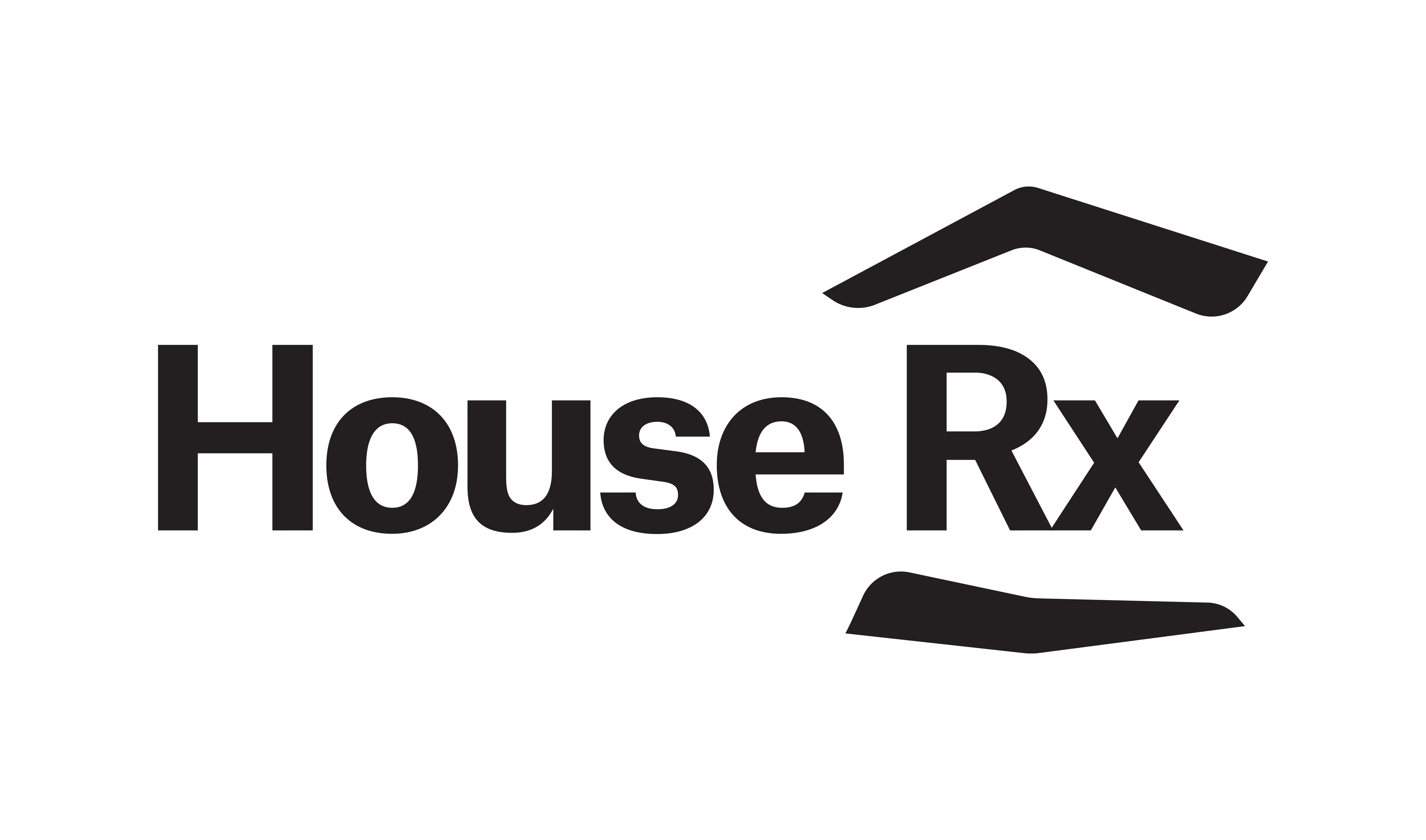
Pharmacists are Overworked, Frustrated, and Unintentionally Absent from Patient Care: It’s Time to Rightsize the Role

Specialty pharmacists—those caring for patients with serious, sometimes life-threatening conditions such as cancer or rheumatologic disease—are not immune from the ongoing labor crisis.
The role of pharmacists in health care delivery is often misunderstood and almost always underappreciated. Originally a mix of health and chemical scientists focused on the safe use of medication, pharmacists began evolving in the 1960s toward patient-oriented practice, introducing the concept of
More recently, their role has come to involve medication counseling for the purpose of improving patients’ quality of life. Higher touch care models are especially prevalent in
Sadly, the pharmacy profession is in crisis. Poor work-life balance, expansion of non-clinical job duties, and stagnant wage growth have depleted the retail pharmacist talent pool. To accommodate labor shortages, national
Shorter patient servicing windows and inadequate staffing—with no corresponding decrease in patient or prescription volume—means that 74% of pharmacists
Specialty pharmacists—those caring for patients with serious, sometimes life-threatening conditions such as cancer or rheumatologic disease—are not immune from the crisis. Dispensing
The truth is that the role of the pharmacist has devolved. Whether the setting is retail or specialty, the pharmacy crisis sprouts from the same polluted soil: the health care system cannot wall pharmacists off from direct patient care, overwhelm them with non-clinical duties, persistently prevent or disincentivize them from extending the best possible care to patients, and then expect them to practice at the top of their license. And if pharmacists cannot practice at the top of their license—doing the crucial patient-facing medical work they were trained to do—we will continue to see a talent exodus in pharmacy, increased strain on medical providers, and degradation of the patient experience.
We can and must do better. Patients’ lives depend on a healthy pharmacy ecosystem. And although change cannot happen overnight, there are some initiatives that insurance companies, PBMs, academia, physicians and pharmacists can embrace now if we want a shot at a higher functioning system:
Recognize pharmacists as care team members
When granted direct access to the medical care team, inclusive of patient clinical information (lab values, imaging), pharmacists are better equipped to provide personalized care for patients. Pharmacists tend to have more frequent interactions with patients than their physicians, giving the pharmacist the unique ability to correct or flag patient care issues as they arise. Having direct connection and an established relationship with the medical care team allows communication to happen in near real-time, empowering all care providers to support the treatment plan as decided by the physician.
Embrace modern technology
Building a more inclusive care team requires modern technology and system integration, inclusive of the EHR. Pharmacists cannot be empowered to work directly with medical care teams if pharmacists and physicians are operating on siloed and incomplete patient information. Specialized workflows for specialty medicine dispensing—spanning prior authorization approvals, therapy appropriateness reviews, investigating insurance coverage, and financial assistance procurement—should all be connected within the same clinical user experience and workflow.
Diversify pharmacist education
Despite the sharp rise in specialty medications requiring the care of pharmacists, the current scholastic curriculum does not convey to students the breadth of options available within the pharmacy field or encourage the exploration of career paths such as specialty pharmacy. There are more opportunities within the pharmacy career path than what is typically taught in pharmacy school, and we need to ensure these opportunities are promoted in pharmacy academia.
Enlist physicians as advocates
Bringing pharmacists into the care team can ease the impacts of the ongoing physician shortage and burnout. Returning responsibilities, such as medication insurance approval processes, financial assistance, and medication counseling back to the pharmacist and pharmacy technician (as it once was) will allow physicians to focus on medical care and treating more patients, giving pharmacists a shot at returning to practicing at the top of their license.
A better pharmacy future is possible. But we cannot get there in absence of honest dialogue about the misaligned incentives and systemic dysfunction currently holding our profession hostage. And we certainly cannot get there without taking individual, personal action.
I encourage pharmacists at every experience level to actively follow national associations and state board of pharmacy proceedings and to regularly write to state-level board of pharmacy members. For those of us who have been in the pharmacy profession for some time, we owe it to our profession to engage in open dialogue with and mentoring of aspiring pharmacists. Those working through their academic and credentialing requirements can and should be exposed to every pharmacy career path.
Your voice matters. We have the power to alter the course of pharmacy.
About the Author
Denali Cahoon, Chief Pharmacy & Operating Officer, House Rx.
Newsletter
Stay informed on drug updates, treatment guidelines, and pharmacy practice trends—subscribe to Pharmacy Times for weekly clinical insights.


























